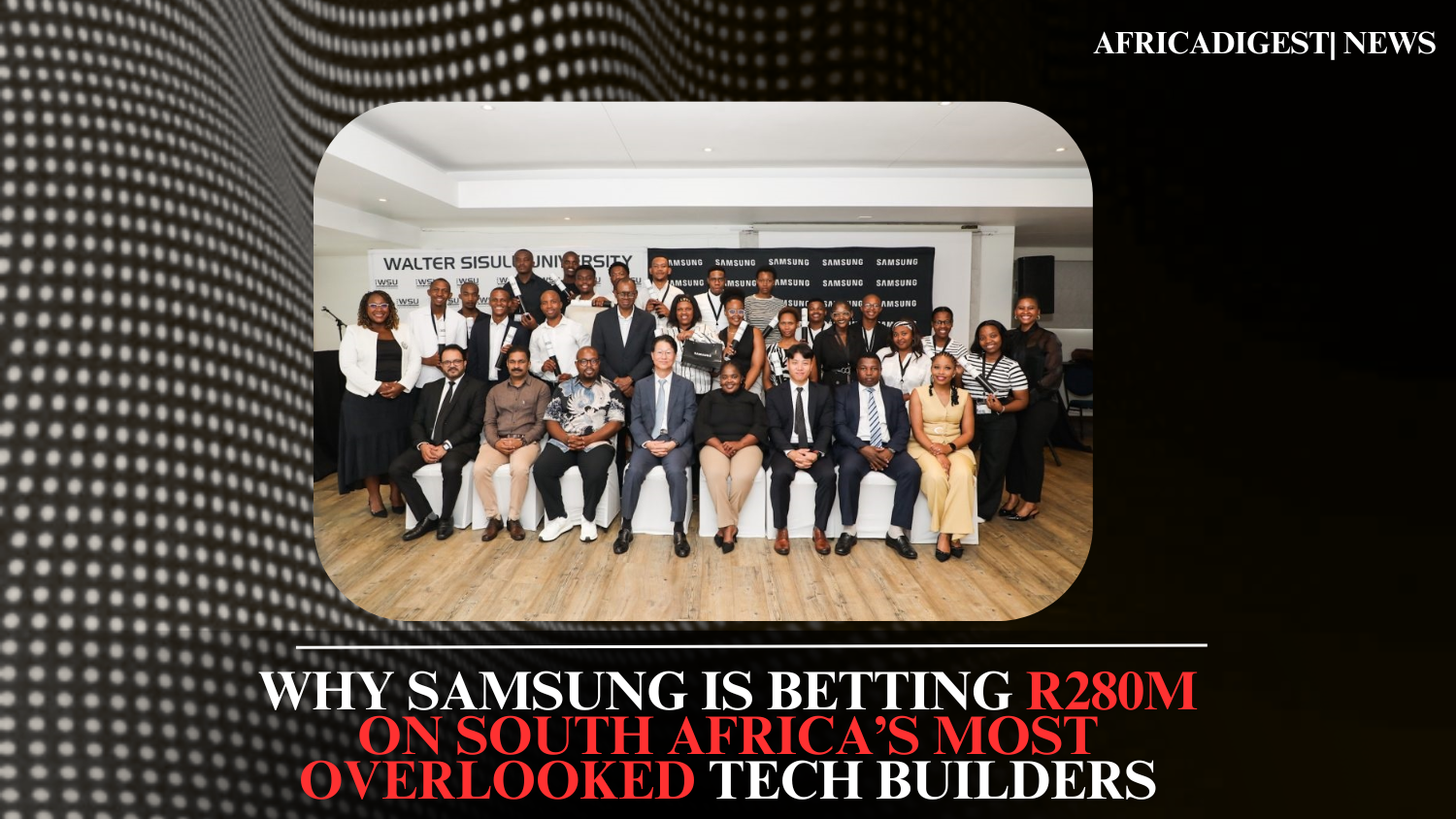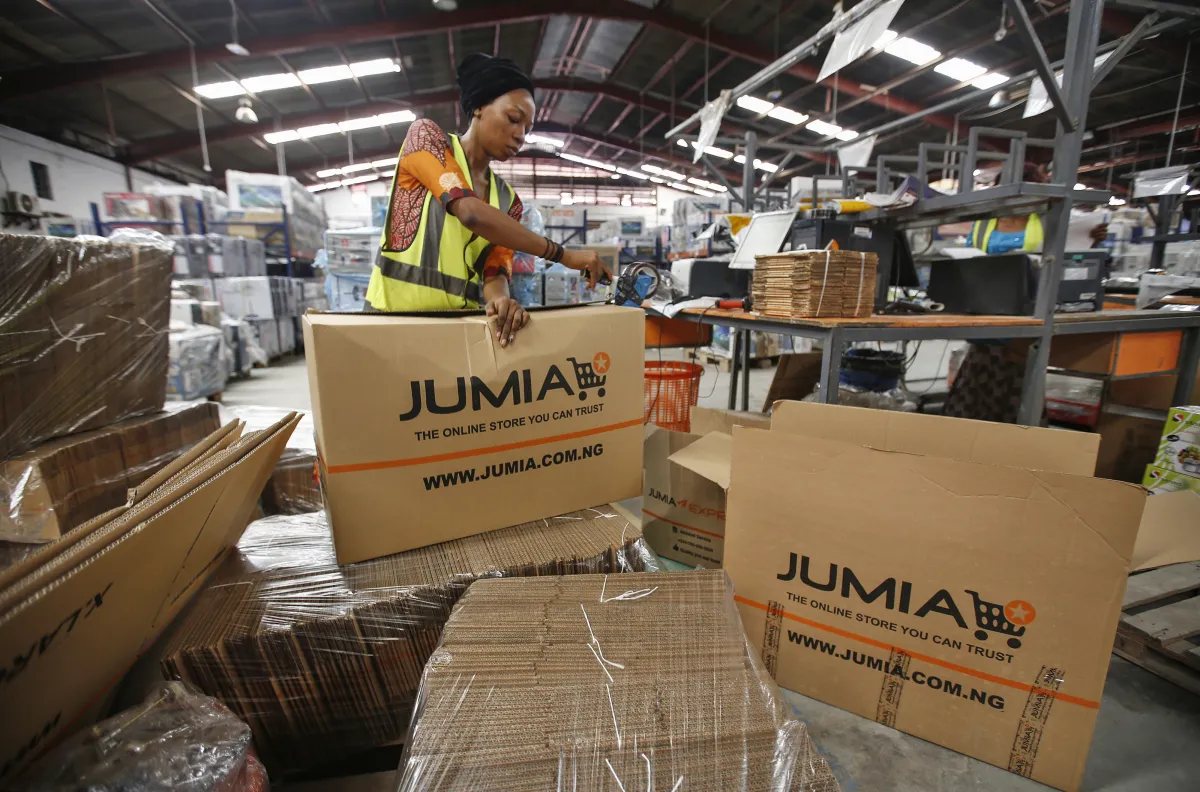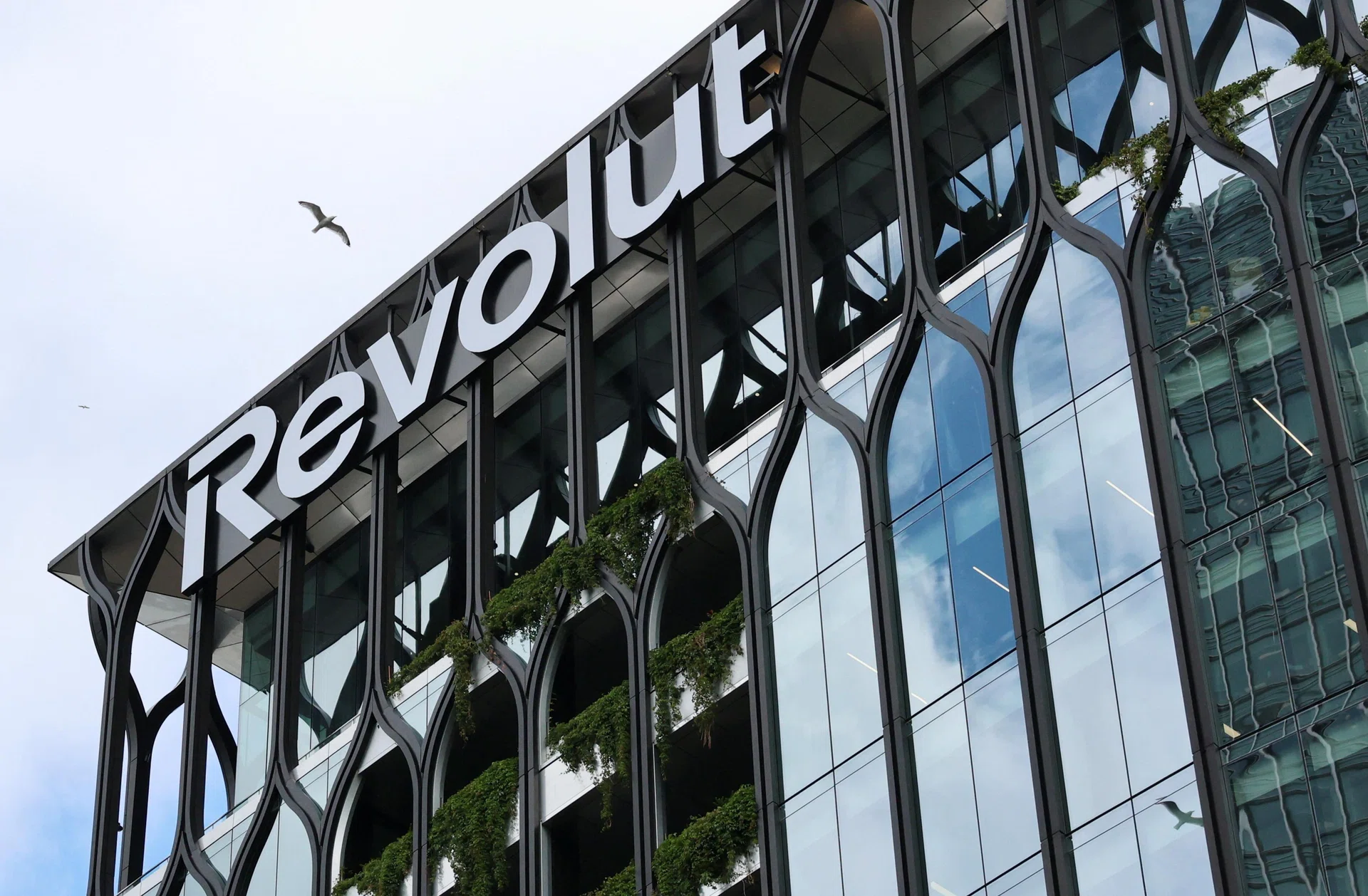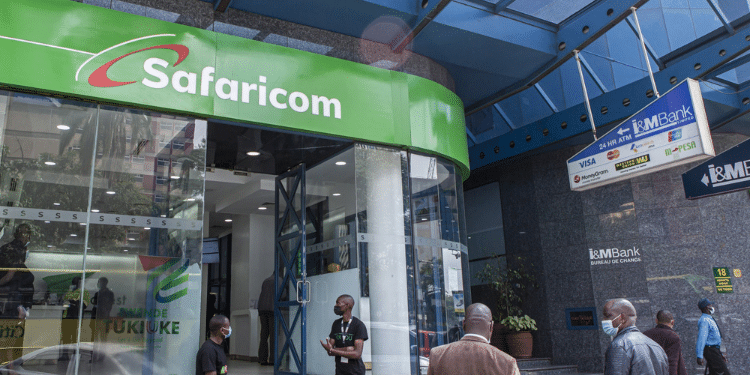Samsung South Africa is making headlines in the tech industry with its R280 million Equity Equivalent Investment Programme (EEIP), a 10-year initiative launched in 2019 to empower Black-owned and women-owned ICT businesses.
By focusing on township economies, e-waste beneficiation, and skills development, Samsung is driving transformation while aligning with South Africa’s National Development Plan (NDP) Vision 2030.
With R138 million already invested in collaboration with the Department of Trade, Industry and Competition (DTIC), this programme is expected to reshape South Africa’s tech ecosystem. But can it truly reach the underserved?
A Game-Changer for Black and Female Entrepreneurs
Since its inception, the EEIP has supported 13 Black-owned and women-owned businesses, created 262 direct jobs, and contributed nearly R1 billion to South Africa’s economy, according to Samsung’s projections.
The program’s focus on Black industrialisation includes a pioneering e-waste recycling initiative in partnership with Mintek, which aims to establish a beneficiation plant operated by a Black entrepreneur, a first for Africa.
Additionally, collaborations with the University of the Western Cape (UWC) and Microsoft’s AppFactory are driving innovation in app development, software engineering, and digital skills training.
The EEIP’s alignment with Broad-Based Black Economic Empowerment (B-BBEE) goals has earned Samsung a Level-1 B-BBEE rating for seven consecutive years, a rare achievement for a multinational.
This underscores Samsung’s commitment to sustainable, inclusive growth, particularly in underserved communities.
READ ALSO:Africa’s Most Powerful Payday Tool? PayMeNow Raises R400M to Scale EWA
Empowering Entrepreneurs Through Training and Funding
A highlight of the 2025 EEIP cycle was a five-day enterprise development bootcamp held from July 7 to 11, 2025, in partnership with Ocule IT.
This intensive programme equipped ICT entrepreneurs with investor-ready business models, focusing on business management, financial planning, and pitching skills.
Top performers from the bootcamp are now in a four-month incubation period, receiving mentorship to refine their ventures.
In October 2025, nine participants will compete at the “Pitch and Polish” event for a chance to secure an R500,000 grant to turn their ideas into reality.
“This programme goes beyond investment; it empowers entrepreneurs with the tools to thrive,” said Nicky Beukes, Samsung EEIP Project Manager.
By prioritising alumni from Ocule IT’s Electronics Technician Programme and supporting startups in underserved regions, Samsung is ensuring that opportunities reach those who need them most.
Partnerships Driving Innovation
Samsung’s strategic partnerships are a cornerstone of the EEIP’s success. By collaborating with:
- University of the Western Cape (UWC): Supporting software development training to prepare students for the Fourth Industrial Revolution (4IR).
- Microsoft’s AppFactory: Offering a nine-month programme to bridge the gap in high-demand software skills.
- Mintek: Driving e-waste beneficiation to create sustainable enterprises and protect the environment.
These alliances are building a robust ecosystem that combines technical expertise, mentorship, and market access to empower Black and female entrepreneurs.
Challenges and Opportunities
While the EEIP’s impact is undeniable, with R87 million invested in enterprise development and two Black women-owned e-waste businesses supported, questions remain about its reach.
South Africa’s tech ecosystem is complex, with high entry costs and regulatory hurdles like B-BBEE compliance presenting challenges for SMEs.
Critics argue that such programmes often benefit well-connected players, leaving truly underserved communities behind.
However, Samsung’s focus on mentorship, incubation, and grassroots initiatives like township-based service centres suggests a commitment to inclusivity.
The program’s alignment with the NDP 2030 and the Gauteng Township Economy Revitalisation Strategy further ensures that it addresses systemic inequalities while promoting innovation.
READ ALSO:MoneyBadger Bags $400K to Power Bitcoin Payments Across Africa
The Road Ahead: A Blueprint for Inclusive Growth?
Samsung’s EEIP is more than a funding initiative; it’s a catalyst for systemic change. By investing in Black-owned and women-owned businesses, creating jobs, and driving sustainable development, the programme is laying the foundation for a more inclusive tech ecosystem.
Its success will depend on continued accountability, ensuring that funds and opportunities reach the most marginalised entrepreneurs.
As Hlubi Shivanda, Director of Business Innovation Group and Corporate Affairs at Samsung South Africa, noted, “Our EEIP strategy leverages technology to empower South Africans to lead the Fourth Industrial Revolution.”
With measurable outcomes like 390 software developers and technicians trained and a focus on long-term impact, Samsung is setting a high bar for corporate responsibility.
What’s your take? Can Samsung’s EEIP reshape South Africa’s tech landscape and create lasting opportunities for underserved communities? Share your thoughts below!
Ronnie Paul is a seasoned writer and analyst with a prolific portfolio of over 1,000 published articles, specialising in fintech, cryptocurrency, and digital finance at Africa Digest News.







Leave a Reply